On October 6, 2010, Liverpool Football Club announced that a sale to New England Sports Ventures had been agreed. What happened in the 10 years that followed was transformational, to say the least.
Chaos and shambles are two words you would have associated with the club under the helm of Tom Hicks and George Gillett, who had done everything in their power to run Liverpool to the brink of administration.
The club was loaded by debt and considered a laughing stock, until New England Sports Ventures, now known as Fenway Sports Group, entered the fray and purchased Liverpool for £300 million.
A battle played out in the High Court as Hicks and Gillett threw their toys out of the pram, but they were helpless to stop John W. Henry and Co. from taking the reins, which would become official on October 15, 2010.
They were met by trepidation and caution off the back of the nightmare that was the previous ownership, but, while not without mistakes, they would establish solid foundations and awaken a sleeping giant.
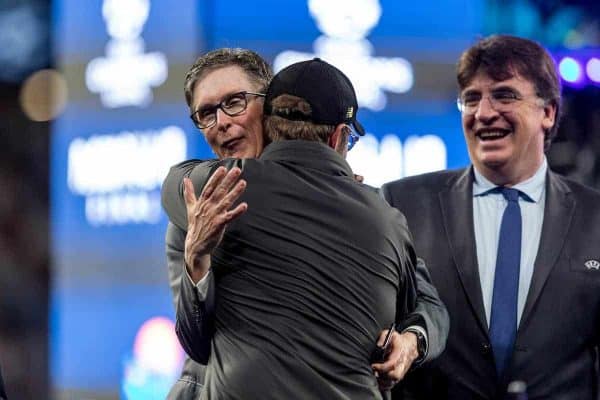
It is always important to acknowledge where Liverpool were at the back end of 2010 to appreciate the Liverpool we see in present day.
FSG inherited a club in disarray, one living beyond its means, and they were not set to throw wads of cash at the issue at hand for a short fix, they were in it for the long haul.
“We have a lot of work to do,” were the words of Henry after the High Court ruling came down and while unwilling to verbally commit to any promises, he insisted “we’re here to win and we’ll do whatever is necessary.”
While Tom Werner, Liverpool chairman, would declare that they aimed to “under-promise and over-deliver.”
What Henry and Co. may have overlooked were the supporters who would dissect and analyse their every move and the ‘FSG Out’ brigade has been ever-present – although they have quietened down in recent years.
As aforementioned, they have not been without their mistakes. In the early days, their transfer strategy was inconsistent at best, with trust placed in the wrong people at the wrong time.
A disconnect between the manager, Brendan Rodgers, and recruitment saw decisions such as Mario Balotelli’s arrival given the green light – and let’s not forget the £35 million signing of Andy Carroll on deadline day in January 2011.
The latter was a club transfer record which would only be broken six years later with one Mohamed Salah – a lesson in not making snap decisions without the necessary background knowledge.
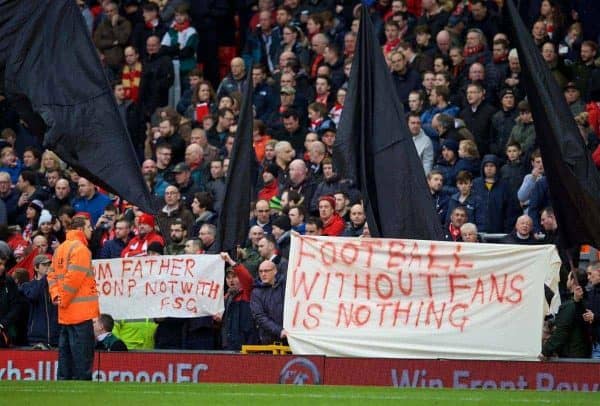
Then there was an own goal of epic proportions in February 2016. They announced the new ticket pricing structure, which saw season ticket prices in the new Main Stand reach an eye-watering £1,029 while individual seats were up to £77.
The unwavering loyalty of the club’s supporters was to be exploited and the relationship between the fans and the owners was at breaking point, and action was taken.
An estimated 10,000 walked out of Anfield in the 77th minute in a 2-2 draw with Sunderland, with “you greedy bastards, enough is enough” ringing out from the Kop.
Importantly, when held to account they would right their wrongs and, four days after the protest, FSG performed a U-turn and issued an apology for “the distress caused.”
There would be further missteps in the years to follow, namely the attempts to copyright the word ‘Liverpool’ and to furlough staff during the pandemic, but they would continue to be open to listen and admit their wrongdoings.
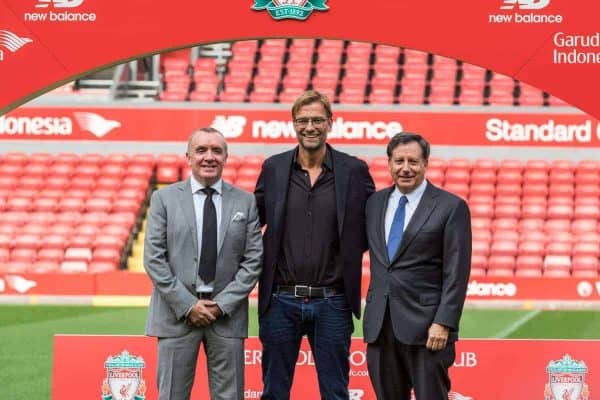
It ensures the journey to their 10th anniversary has not been without challenge, but it has been defined by tremendous success in transforming a club all but on its knees into a well-oiled machine off the field and the world’s leading team on it.
The recruitment of a world-class manager in Jurgen Klopp was the pivotal step in revitalising Liverpool – a marquee signing who rekindled the fire, united the fans, players and the owners, and set the Reds on course to dominate the club football scene.
“We’ve certainly never looked back from the moment we first met with Jurgen in New York,” Werner told The Atheltic earlier this year.
“You would have to point to that as an important point in this journey. He has exceeded our expectations in so many ways.”
No longer would the task be put to one of the players to lure a new signing, like Steven Gerrard was tasked to do under Rodgers, as Klopp had an irresistible pulling power of his own.
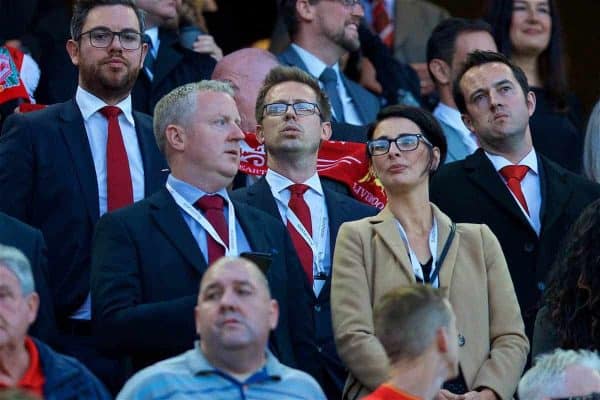
Adding in the prowess of sporting director Michael Edwards, who was appointed in 2016, and clarity in the transfer market, Liverpool established themselves as shrewd workers in the window, selling on for eye-watering fees and landing key targets for prices that were swiftly made to look like bargains.
Liverpool went from a mishmash squad which lacked identity to one which all but rendered the transfer market irrelevant as the list of players who could improve the Reds dwindled significantly.
Anfield is now a destination not a stepping stone and a long-term direction is clear, with all associated with the club pulling in the same direction under a common goal.
While remaining owners who continue to live within their means, FSG backed their manager and shifted their transfer strategy from investing in potential, Moneyball style, to landing proven players ready to make an instant impact; take Virgil van Dijk, Alisson and most recently Thiago.
It has allowed Liverpool to make an exponential rise under Klopp, who has defined their era at the helm after arriving five years into their tenure.
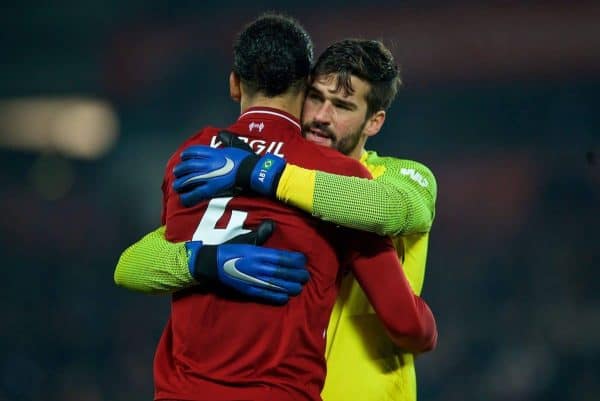
The League Cup and Europa League finals would end in defeat in Klopp’s first season but by 2017/18 the Reds were back in the Champions League and made it all the way to the final.
Another heartbreak would follow, but Liverpool would inevitably bounce back as “only silly idiots stay on the floor” – and in a season that saw a club-record 97 points collected in the Premier League, enough for only second place, a sixth European Cup would be added to the trophy cabinet.
It was the first trophy in seven years and the second under FSG, following on from the 2012 League Cup, and it would soon be joined by the Premier League title – with a 30-year wait ended in emphatic fashion.
Delivering two of club football’s biggest prizes on offer, in addition to the Club World Cup and Super Cup, for the Reds are the tangible results of the seeds they planted 10 years ago – trophies which will define their stewardship once they decide to move on.
And while Liverpool continue to do all the talking on the field in the safe and capable hands of Klopp, off the field FSG have been busy making the club sustainable for the present and future.
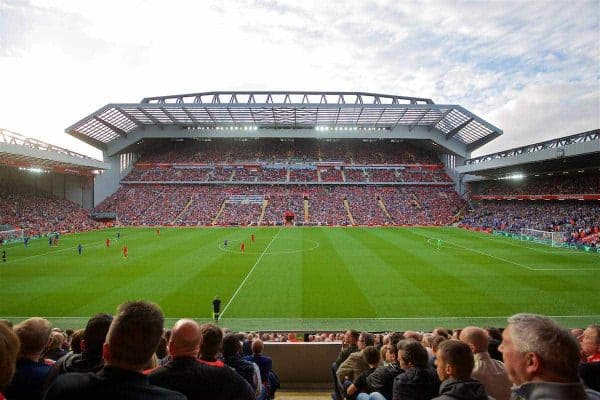
While football clubs are in the business of victories and trophies, the infrastructure around them needs to support their endeavours and match their ambitions.
In the new Main Stand, completed for the start of the 2016/17 season, they made their first step. Liverpool had been lagging behind with their rivals with their facilities and a boost of 8,500 seats went some way in bridging the gap.
They made good on a long-standing promise and created a formidable-looking structure having rightly opted to redevelop Anfield rather than relocate – with one more step still in the pipeline.
If not for the outbreak of the coronavirus, Liverpool would have commenced work on their £60 million expansion of the Anfield Road end at the end of 2020, with completion scheduled for the summer of 2022.
The owners remain committed to taking the capacity of Anfield beyond 60,000, creating a cauldron of noise which will be up there with the best in the Premier League and across Europe.
It is a vital step in matching Liverpool’s on-field ambitions – which have already been boosted by the new £50 million state-of-the-art training facility in Kirkby, with the switch there also delayed due to the pandemic.
While results, trophies and transfer activity will be as far as some look, when you consider Anfield’s redevelopment, the new training facility, a lucrative partnership with Nike amid a myriad of other commercial deals, FSG have ticked all the right boxes.
All of this has had a positive influence in seeing revenue of £184 million in 2011 turn into a record turnover of £533 million for the year ending May 2019, which included a pre-tax profit of £42 million.
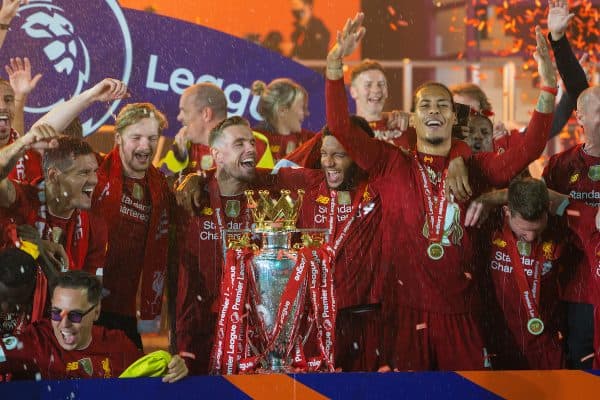
Thorough due diligence and a strict business model may have seen criticism come their way over the years, but there is no questioning FSG’s unbelievable influence on Liverpool Football Club, from parting with £300 million to establishing a valuation in excess of £1.7 billion.
When FSG arrived they laid out four key promises: attracting the best players – but first attaining a strong financial position; turn losses into wins; compete for trophies; and create a culture for winning.
It was never going to happen overnight but in a decade, FSG have, as Werner had set out, over-delivered on their promise to transform a club in limbo into a force to be reckoned with.
It was hard to imagine the strong position the club is currently in on and off the field would have been possible 10 years ago, but under the ownership of FSG, Liverpool have flourished into a world-beater and there’s no curtailing where the club can go next under their expert guidance.
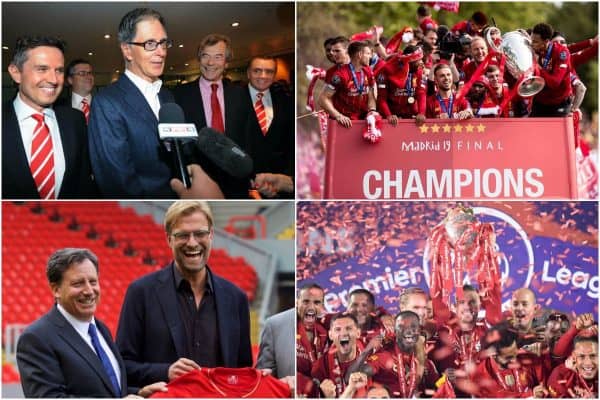
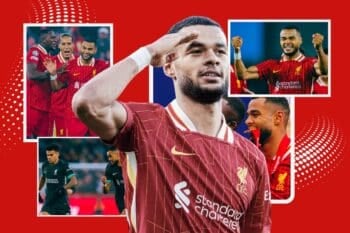


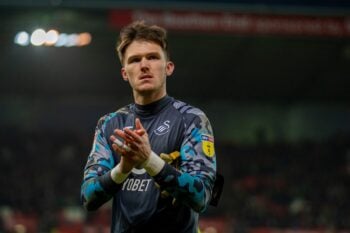


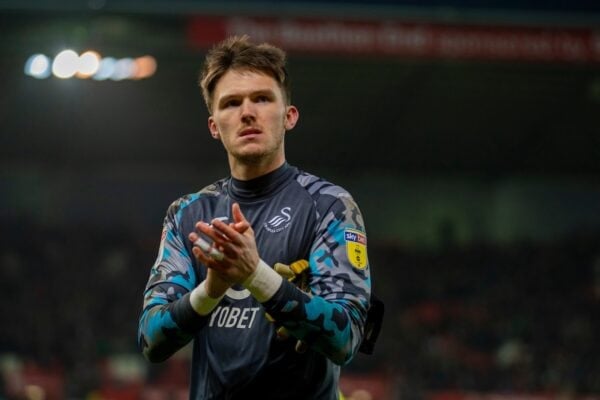

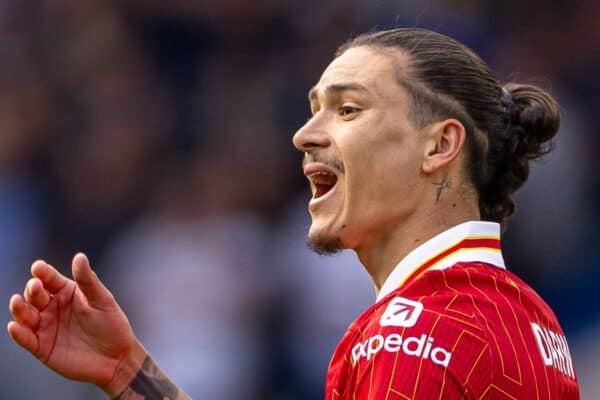
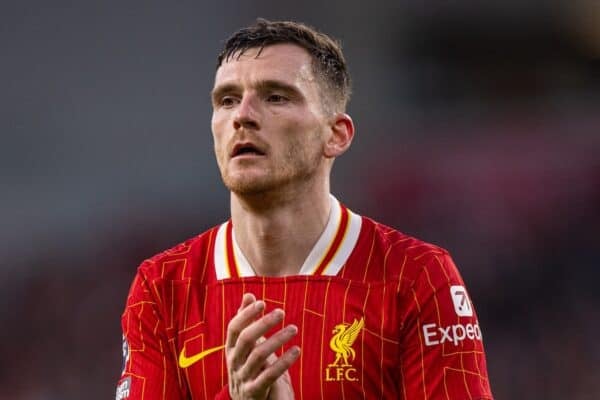
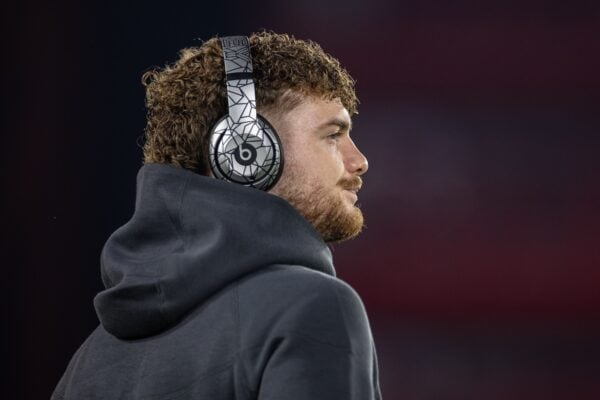
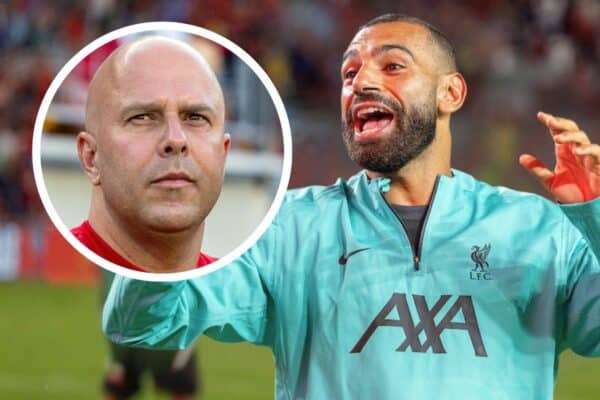


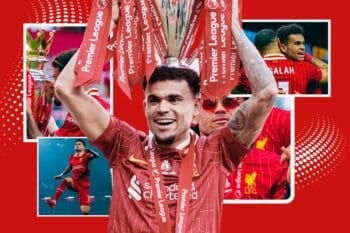
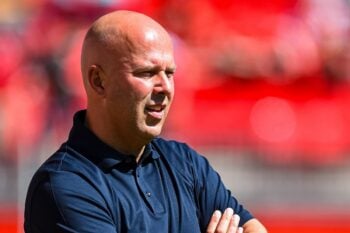
Fan Comments